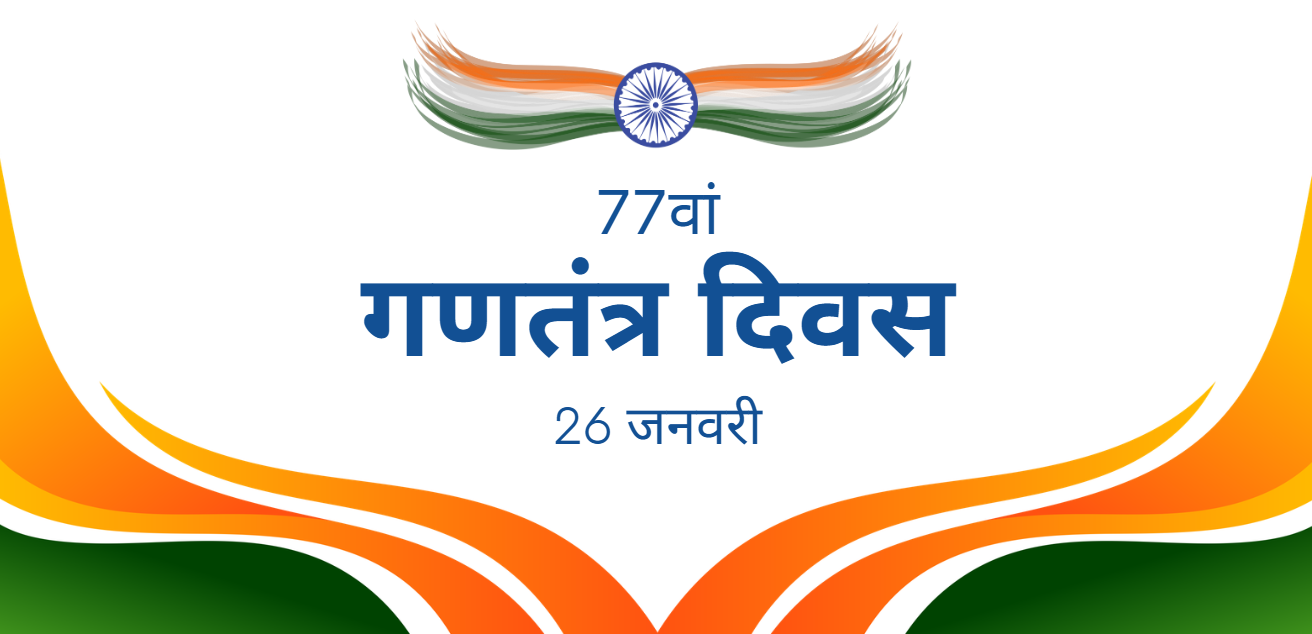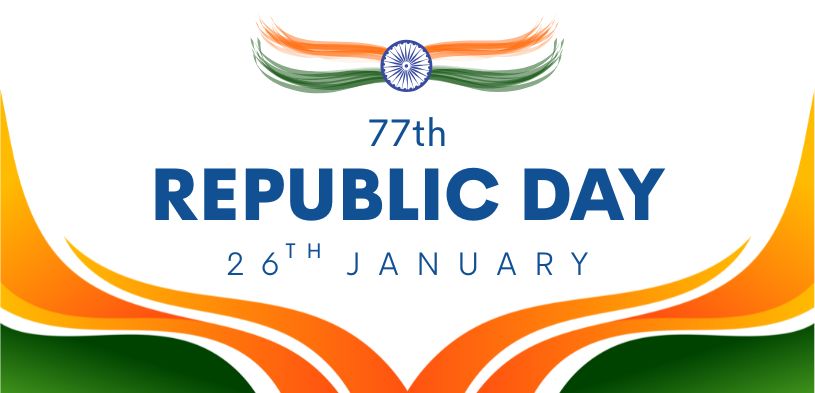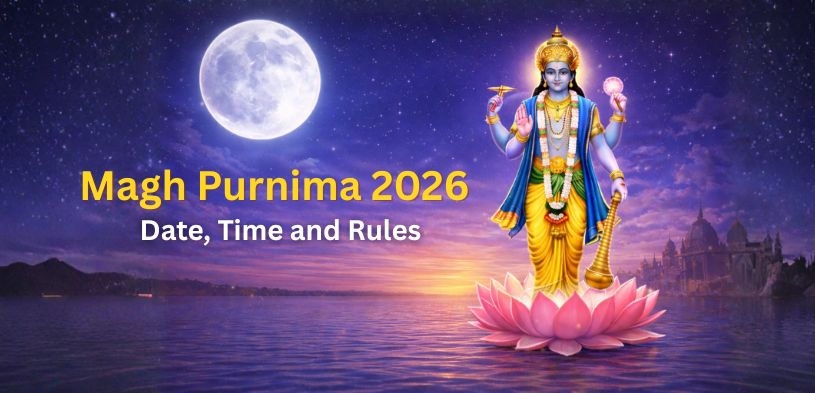Indian athletes created history by winning 22 medals for the first time at the World Para (Disabled) Athletics Championships held in New Delhi last month. The 73-member Indian contingent won 6 gold, 9 silver, and 7 bronze medals, setting seven Asian and three world records.
Host India may have finished 10th in the medal tally at the 2025 World Athletics Championships, which concluded on October 5 at the Jawaharlal Nehru Stadium in New Delhi, but it achieved its best performance to date. India won 22 medals, including 6 gold, 9 silver, and 7 bronze. More than 30 Indian athletes achieved their personal bests, with 9 finishing fourth. 7 athletes set Asian and world records. 3 athletes set world records. In the previous edition held in Kobe, India had won only 17 medals. Brazil topped the medal tally with 15 gold medals (44 total), while China won the most medals (52), but its tally (13) was lower than Brazil’s, placing second.
Once on the Margins, Now the Stars
The rise of Para Athletics in India is a story of inspirational transformation. Once marginalised, para athletes are now proudly hoisting the tricolour on the global stage. The World Para Athletics Championship 2025, held for the first time in New Delhi (September 27 – October 5), symbolises this remarkable change. Stars like Sumit Antil, Deepti Jeevanji, and Shailesh Kumar scripted golden chapters of history through their exceptional performances.
Government support, improved training infrastructure, and public awareness have elevated these heroes to new heights. From 2019 to 2025, India’s medal count has shown a consistent upward trend. Para sports now hold a special place in India’s sporting history. These competitions are organised for athletes with physical or mental disabilities, showcasing their extraordinary abilities.
India first participated in the Paralympics in 1968 at Tel Aviv with ten athletes — a journey that has evolved into a saga of struggle, growth, and transformation, culminating in 29 medals at the 2024 Paris Paralympics. The 2025 Championship in New Delhi saw over 2,200 athletes from 104 countries, with India’s contingent delivering a spectacular performance.
The early years of para sports were filled with challenges — social prejudice and lack of resources hindered progress. In 1972, Murlikant Petkar made history by winning India’s first Paralympic gold in the 50m freestyle swimming event. In the 1984 Los Angeles Paralympics, Joginder Singh Bedi won one silver and two bronze medals, while Bhimrao Kesarkar claimed silver in javelin throw.
During the 1990s, the Physically Handicapped Sports Federation of India (now the Paralympic Committee of India – PCI) was formed and later recognised by the International Paralympic Committee and India’s Ministry of Sports. In the 2004 Athens Paralympics, Devendra Jhajharia won gold in javelin throw, while Rajinder Singh secured bronze in powerlifting. The 2012 London Paralympics saw Girish Hosanagara Nagarajegowda win silver in high jump — India’s only medal that year. No medals were won in the 2008 Beijing Paralympics.
A revolutionary shift came after 2012. At the 2016 Rio Paralympics, 19 Indian athletes won four medals — gold for Devendra Jhajharia, silver for Deepa Malik, and two bronze medals. This success was the result of targeted government programs such as the Target Olympic Podium Scheme (TOPS), which provided scientific training, advanced equipment, and foreign coaching. The Khelo India initiative further promoted grassroots talent.
At the 2020 Tokyo Paralympics, 54 athletes across nine sports won 19 medals, while at the 2024 Paris Paralympics, 84 athletes competing in twelve sports earned a record 29 medals (7 gold, 9 silver, and 13 bronze).
Despite these triumphs, para sports still face challenges. In rural areas, there remains a shortage of accessible stadiums, wheelchair-friendly tracks, and specialised equipment. The 2025 World Championship has firmly established India as a global powerhouse in para sports. The upcoming National Sports Policy 2025 focuses on transparency and grassroots development. With continued growth through Khelo India and preparations for the Los Angeles 2028 Paralympics, India has the potential to rank among the world’s top 10 nations.
Three Championship Records
India set three championship records in this tournament. Two-time Paralympic champion Sumit Antil established a championship record in the F64 javelin throw category with a remarkable distance of 71.37 meters. India’s first-ever gold medalist in a multinational competition, Shailesh Kumar, created a new record by clearing 1.91 meters in the men’s high jump T42 category. Making his debut as a world champion, Rinku Hooda set another record with a throw of 66.37 meters in the men’s javelin F46 category.
Most Medals in Track Events
In this championship, India achieved its highest number of track medals ever — a total of six, compared to four in the previous edition at Kobe. Simran Sharma won gold in the women’s 100m (T12 category) and silver in the 200m event. Sandeep Kumar earned bronze in the men’s 200m T35 category, becoming the first Indian male para athlete to win a track medal at a World Championship.
(Author: Prashant Agarwal – President, Narayan Seva Sansthan)







